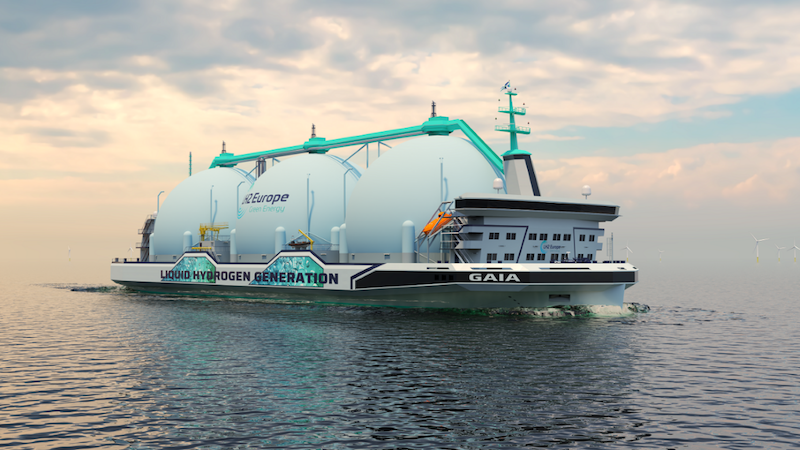Houston is shaping up as a dominant player in the push to bring hydrogen into the nation’s clean energy mix.
“We believe Houston is the epicenter of what could be a very exciting hydrogen hub that could expand to the entire Gulf Coast region,” Brett Perlman, CEO of the nonprofit Center for Houston’s Future, said as part of a panel exploring the role of regional hydrogen hubs during a Reuters webinar in July. “We’re already an energy capital and have a lot of the assets already.”
Developing hydrogen as an economically viable clean energy source is among the initiatives spearheaded by the Department of Energy (DOE) to achieve the Biden administration’s ambitious net zero emissions goals. The national infrastructure legislation enacted last November earmarks some $21.5 billion for renewable energy demonstration projects, said Kelly Cummins, acting director of the DOE’s newly established Office of Clean Energy Demonstrations (OCED).
“Hubs are seen as foundations that could eventually lead to a national hydrogen network,” said moderator Frank Wolak, president and CEO of the Fuel Cell and Hydrogen Energy Association (FCHEA).
While regional work is underway in California, the East Coast, Ohio River Valley and elsewhere, Perlman said Houston is best positioned as a “clean hydrogen hub” since the area already is a leading “gray” hydrogen and renewable energy producer.
Though hydrogen is clean burning, the extraction process can generate significant CO2 emissions. So-called gray hydrogen is extracted from natural gas in a carbon-intensive process, while at the furthest end of the color spectrum, “green” hydrogen is pulled from water in a climate-neutral process.
“The combination of physical and intellectual assets and the cluster of companies we have is an example of what Congress was looking for in terms of creating a regional approach,” he said. “We also have the nation’s largest network of hydrogen pipelines and a concentration of academic and industry-driven innovations.”
To point, University of Houston researchers in May claimed to have made significant inroads in ongoing efforts to produce green hydrogen from seawater. Detailed in a paper published by the Proceedings of the National Academy of Sciences, their work entailed the development of “multimetallic electrocatalyst” to create “high-performance seawater electrolysis.”
Meanwhile, the Houston-based North American arm of EDP Renewables, which designs and builds renewable energy projects, is focusing on hydrogen projects with high economic and societal potential. “Our main goal is to supply hydrogen to de-carbonize high-profile sectors. That’s where we see the most value for hydrogen,” Antonia Fayad, EDP North America manager for H2 Strategy & Origination, said, referring specifically to steel and chemical manufacturing power generation, as well as the long-haul trucking and maritime sectors.




